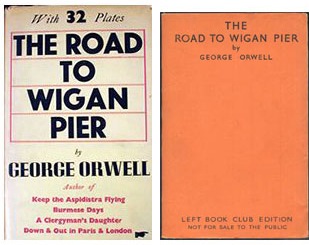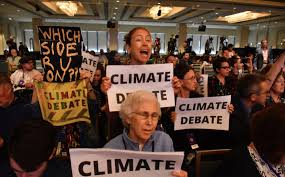On the 11th of March at Full Council I contributed to the Climate Emergency motion, stating that we have to be more inclusive in terms of getting more working-class and BAME voices heard in the movement as. In terms of outcomes, we need to demonstrate that the poorest in our communities are not penalised in terms of tackling the Climate Emergency.
Communities in the Global South are the main victims of Climate Change abroad, at home it is the most disadvantaged in our communities that suffer from the effect of pollution. Therefore any solutions need to have intersectional justice at the core of their process and outcome.
More BAME and Working-Class Voices in the Debate
In a recent article in the Guardian “‘We need to be heard’: the BAME climate activists who won’t be ignored”, it was stated:
“Climate activism has historically been perceived as a white, middle-class pursuit, but nothing could be further from the truth. Across the UK, BAME people are at the forefront of the fight against the climate crisis.
Now, their efforts are being recognised by the Climate Reframe Project, an initiative spotlighting BAME voices in climate activism, funded by the Joseph Rowntree Charitable Trust and the Solberga Foundation, and put together by the team behind former Irish president Mary Robinson’s Mothers of Invention podcast. Today, it features a list of the leading figures in the UK, some of whom shared their stories with me.”
This has not yet had an impact on the ground in Tower Hamlets, speaking to many residents in Tower Hamlets the Climate Emergency is still a middle-class privileged affair. The Guardian article continues to say:
“Historically, the environmental movement comes from a white, privileged background,” says Suzanne Dhaliwal, 37, who is researching BAME representation in the climate justice movement at the University of Brighton. “But climate change mostly affects people in the global south, so it’s fair to elevate those voices.”
Making the Outcomes to Tackle the Climate Emergency Inclusive
Tower Hamlets has the highest levels of inequality in the country, the third richest local authority area with the highest child poverty rates. This has not helped with a decade of austerity, and three decades of property developer lead regeneration, which has increased inequalities further.
Working-class and BAME residents feel constantly under attack by a never-ending wave of gentrification and social cleansing. Therefore any major policy announcements are seen with an eye of suspicion, judged in accordance with previous perceived experiences of outcomes and class prejudices.
Therefore to win the trust and allay suspicion we need to demonstrate that the policies adopted do not discriminate against the poorest in our society. That’s why I recommend that an equality impact assessment is done in accordance with Part 1 of the Equality Act 2010, which relates to socio-economic inequalities and those finding be published.
The Road to Climate Sustainability – Intersectional Justice
Climate change is not just a social justice issue but is also an intersectional justice issue. Its is the most disadvantage who suffer from its effect either at home or in the global south. Therefore any sustainable solutions should have intersectional voices, involvement and consent.
“A thousand influences constantly press a working man down into a passive role. He does not act, he is acted upon. He feels himself the slave of mysterious authority and has a firm conviction that ‘they’ will never allow him to do this, that, and the other.”
George Orwell – ‘Road to Wigan Pier’ 1937



Recent Comments